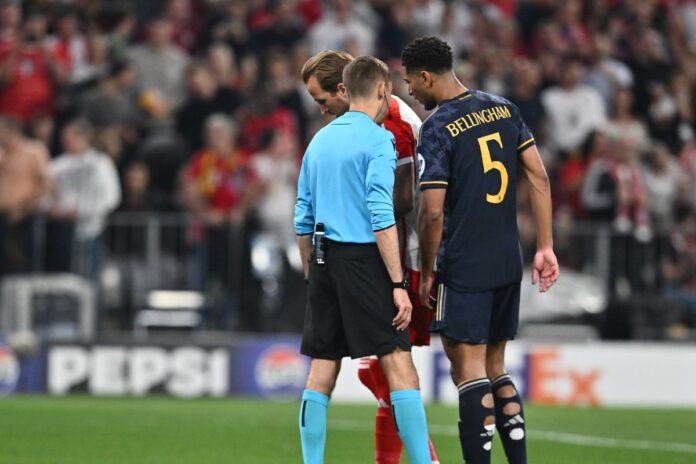The UEFA Champions League is widely regarded as the pinnacle of club football, where the best teams from across Europe compete for the most coveted trophy in the sport. As the tournament progresses from the group stages to the knockout rounds, one factor that consistently emerges as crucial to a team’s success is squad depth. In a competition that demands the highest levels of performance over a prolonged period, the ability to call upon a deep and versatile squad can often be the difference between triumph and heartbreak.
Squad depth refers to the quality and quantity of players available to a team beyond their regular starting eleven. While having world-class talent in the first team is essential, the Champions League’s grueling schedule—often overlapping with domestic leagues and cup competitions—requires teams to have capable backups who can step in without a significant drop in quality. Injuries, suspensions, and fatigue are inevitable in a long campaign, and how well a team manages these challenges often determines their success.
One of the most significant advantages of squad depth is the ability to rotate players without compromising on performance. The Champions League is a marathon, not a sprint, with teams needing to be at their best from September through May. Managers who can rest key players during less critical matches or give them a break in domestic fixtures while still fielding a competitive side in Europe have a better chance of maintaining peak performance throughout the tournament. This was evident in the success of teams like Real Madrid during their three consecutive Champions League titles from 2016 to 2018. Zinedine Zidane’s ability to rotate his squad, keeping players fresh for crucial knockout matches, was a key factor in their dominance.
Furthermore, squad depth allows teams to adapt to different tactical challenges posed by varied opponents. The Champions League brings together teams with diverse styles of play, from the high-pressing intensity of Premier League sides to the technical precision of La Liga or Serie A teams. A deep squad provides a manager with the flexibility to alter formations and strategies, bringing in players with specific attributes suited to countering particular threats. For example, a team might opt for a more physical lineup against a team that plays with high intensity, or choose more technically gifted players when facing a side that emphasizes possession. This tactical flexibility can be the deciding factor in tightly contested knockout ties, where the smallest adjustments can swing the outcome.
Injuries, especially to key players, can derail a team’s Champions League campaign. This is where squad depth becomes a lifeline. Teams with quality substitutes can mitigate the impact of losing a star player by seamlessly integrating a backup who can perform at a similar level. For instance, when Bayern Munich won the Champions League in 2020, they did so without their first-choice winger Leroy Sané for much of the tournament. However, the presence of players like Serge Gnabry and Kingsley Coman ensured that Bayern remained a potent attacking force, ultimately leading them to victory.
Another aspect of squad depth is the psychological advantage it provides. When players know that they are part of a well-rounded team where everyone is trusted to contribute, it fosters a sense of unity and collective responsibility. This can be particularly important in the Champions League, where the pressure is immense, and the margins for error are slim. Teams that believe in their collective strength are often better equipped to handle the high-stakes nature of knockout football.
In conclusion, squad depth plays an indispensable role in a team’s success in the UEFA Champions League. It provides the foundation for consistent performance across a demanding schedule, offers tactical flexibility, helps mitigate the impact of injuries, and fosters a strong team spirit. While individual brilliance can win games, it is the depth and quality of the entire squad that often determines who lifts the trophy at the end of the season. As the competition continues to evolve, the importance of having a deep and versatile squad will only grow, making it a critical factor for any team aspiring to be crowned European champions.


